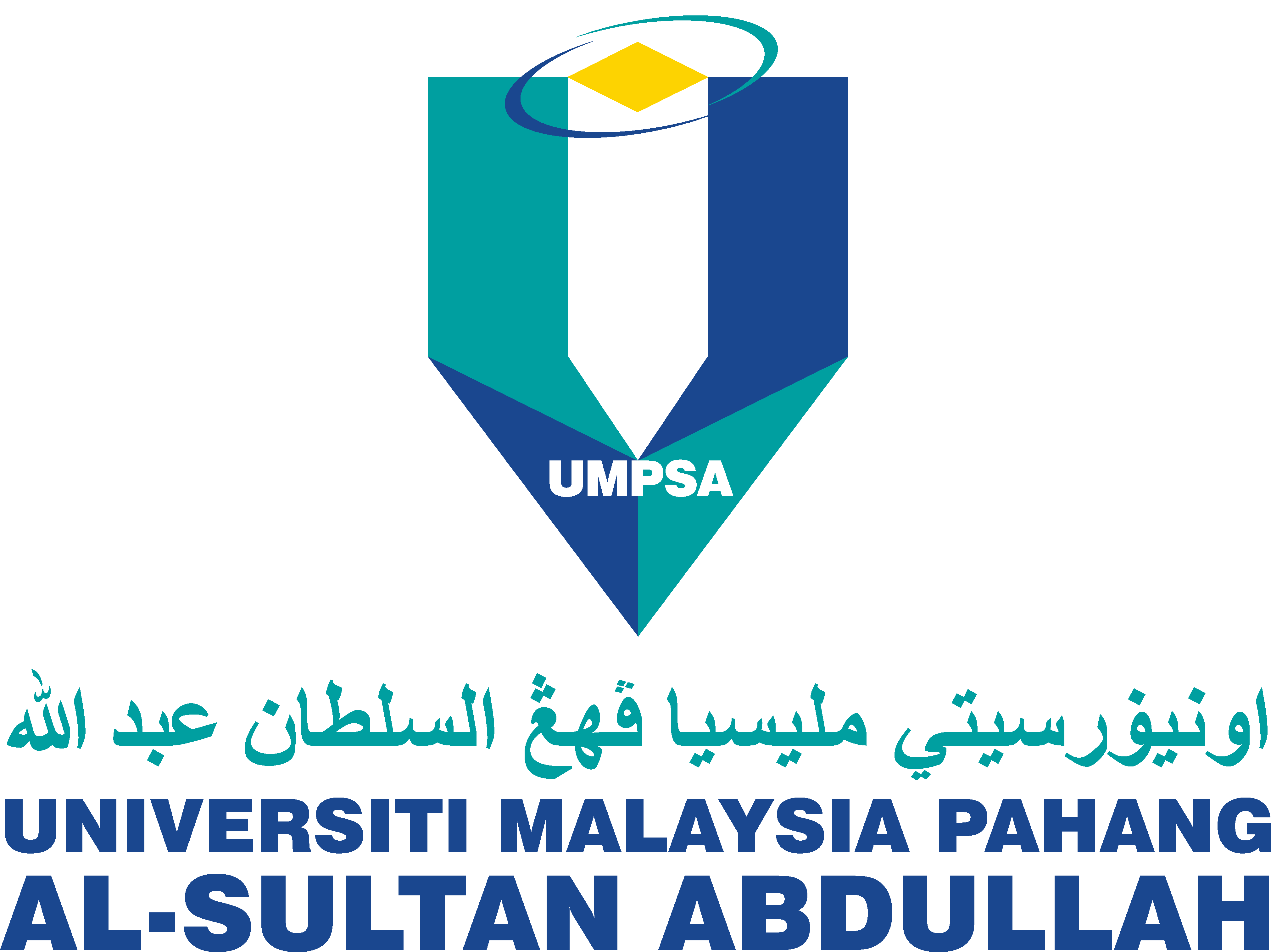MEASURING COMPETITIVENESS OF ISLAMIC BANKING INDUSTRY IN MALAYSIA FROM THE PERSPECTIVE OF KNOWLEDGE MANAGEMENT
Keywords:
Knowledge Management, Islamic Banking, CompetitivenessAbstract
These days, to retain competitiveness is the major target of all types of organizations. Islamic banking is moving beyond from only fulfilling the religious obligations of the Muslim community to be as a business venture to ineluctably seek for competitive advantage. This study was aimed to investigate the Sustainable Competitiveness Advantage (SCA) of Islamic Banks in Malaysia and its contributors. From managing knowledge, the research framework was established compassing Knowledge Utilization (KU), Knowledge Accumulation (KA), Knowledge Internalization (KI), Knowledge Sharing (KS) and Knowledge Creation (KC). BIMB (a full Islamic Bank) and AFFIN (a semi-Islamic or dual Bank) were selected as cases for study. 150 employees from each bank participate in the questionnaire survey and a series of interviews with managers were also conducted. The collected data was analysed by running SPSS Version 20.0. Based on the Multiple Linear Regression results, this study found that, KU and KA, are most contributing factors that drive competitiveness (SCA). It means to enhance SCA both Banks shall keep on the efforts on the two variables and improve the efforts in the least contributing factors as which also positively contribute to SCA. Then, based on Correlation Analysis (Testing Hypothesis), the entire research hypotheses are accepted. It means that all the IVs of KM could significantly and positively contribute to the competitiveness of the banks industry. As all the variables are contributing positively to SCA, both Banks shall catch up all of them. Then, based on the derived three levels (among their factors, levels and relationships), for the moderate and least contributing factors, both banks shall pay more attention to them to maximize their effects on SCA.
Downloads
Published
Issue
Section
License
Copyright (c) 2015 The Author(s)

This work is licensed under a Creative Commons Attribution-NonCommercial 4.0 International License.



